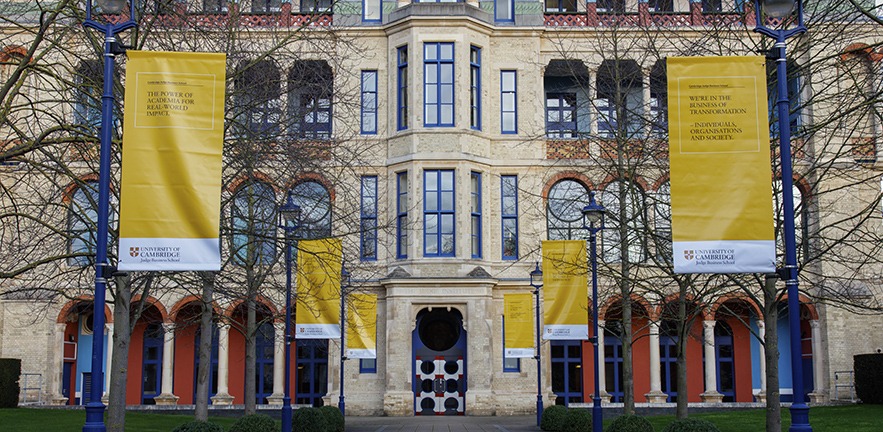Since the onset of the COVID-19 (coronavirus) pandemic, the International Monetary Fund (IMF) has reasserted its role as the world’s leading financial firefighter.
It scaled up financial support to countries in need, developed new lending instruments and secured an increase in the special drawing rights (SDR) allocation, thereby boosting global liquidity. While achieving these landmarks, the organisation also became a strong public advocate of a just recovery, promoting policies that would prevent inequalities around the world from widening. At the same time, the IMF positioned itself at the forefront of policy debates on climate change.
The organisation has identified mitigating and adapting to climate change as critical to macroeconomic stability. To this end, it recently began rolling out policy measures to underpin country efforts at a green transition, ranging from expanding climate-sensitive economic analysis toolkits, developing relevant technical assistance programmes, and – eventually – launching lending facilities to underpin sustainable development policies.
This report examines the scope for IMF involvement in Green, Resilient and Inclusive Development (GRID) objectives, building on how these objectives have been operationalised by the World Bank. Unlike the Bank’s focus on sectoral projects and development lending, the IMF’s mandate is to underpin global financial stability by assisting countries with unsustainable balance of payments positions, including through lending programmes. While these seek to bring about macroeconomic stability, they also have clear development implications, as the policy conditions attached to them have important consequences for borrowing countries’ economic systems, income distributions and political economies.
In line with the remit of IMF lending, green issues refer to the likely impact of IMF programmes on the environment and meeting climate change adaptation and mitigation targets; resilience examines how IMF programmes affect preparedness vis-à-vis different types of risk, as well as the availability of sustainable financing of basic social services; and inclusiveness captures the interplay between the various IMF-mandated reforms and poverty and inequality.
The report has three inter-related objectives:
- First, it presents evidence on the recent track record of the IMF in supporting GRID issues.
- Second, the report analyses the scope of the IMF’s mandate, how the IMF compares to other international financial institutions in its attempts to develop a GRID orientation, and how GRID issues can be mainstreamed in IMF practices.
- Finally, the report elaborates on a comprehensive assessment framework that can underpin the ex-ante impact assessment of IMF lending programmes on GRID issues.


